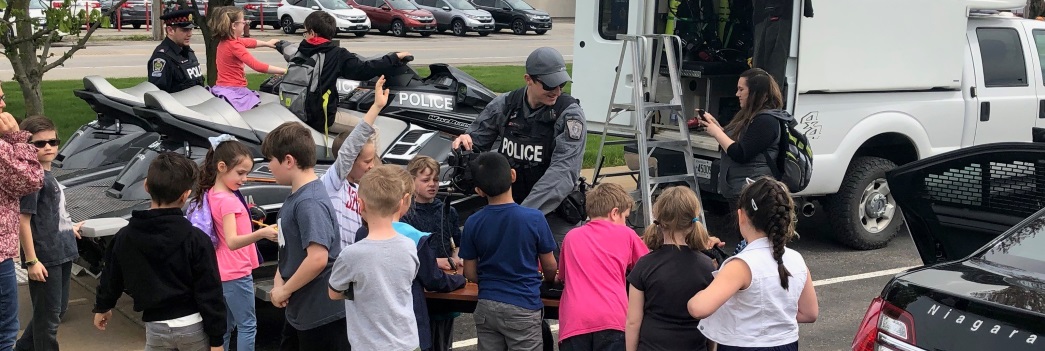
Deployment
Currently, the unit consists of seven teams which service the Niagara Region. We are also requested to assist with surrounding jurisdictions on an emergency basis. Our primary purpose is to respond to crimes in progress that may be solved with the assistance of the PSD. Examples are (but not restricted to) robberies, breaking and enters, and thefts. We respond to all tactical calls in conjunction with the Emergency Task Unit. Also, we assist uniform officers with non-emergency calls for service to ensure quicker response times.
The K9 handlers take their dogs home at the end of their shift and are responsible for them at all times. They are housed in kennels that are provided by the service. The dogs remain as part of the K9 unit as long as they are physically able to perform their duties. The average years of service for a PSD is five, but can extend up to ten years. Upon retirement, PSDs remain with their handler for the remainder of their life.
The K9 teams are deployed in specially outfitted marked uniform cruisers. The rear seat has a professionally designed metal canine kennel. This provides a clean, safe and protected environment for the dogs. Affixed to the kennel system is our recently donated "Hot dog/bailout" system. This allows the officer to electronically open a rear door, permitting an instant exit and an immediate response of his or her canine partner.
The primary purpose for the deployment of PSDs is an effective and efficient search tool. Their sense of smell is far superior to a human’s, which makes them a valuable asset. Police Service Dogs have helped to solve many offences where the perpetrator would never have been captured or identified. These dogs are invaluable in searching for missing persons, patients that have wandered away from a nursing home or other health facility. Without the ability to re-trace their steps, they might never have been found.
These animals are truly a resource that cannot be understated.
Training
All of our teams must successfully complete an approximately fifteen week course prior to certification. It is instructed by Sergeant Kroon and includes all facets required for graduation of a General Patrol Dog.
The course begins with confidence building, general socialization, and obedience. During this time, the team develops a foundation as it learns together. Each task is introduced separately to the dog. They are introduced to the next step on successfully completing the first task. This builds a strong base and allows the dog to progress at a steady pace.
This course is physically and mentally challenging. It places many demands on the canine team. Sergeant Kroon must ensure that the team can meet all the expected requirements in stressful situations. These dogs have a huge responsibility to keep our members and the public safe.
On completion, the canine team is ready for general patrol. Canine teams must re-certify twice a year. There is a spring and fall refresher course where teams are tested on all tasks. Each team must attend two training days per month. Weekly training with various police services allows different teams to share valuable information and new training ideas. It is a constant flow of information and a great resource.
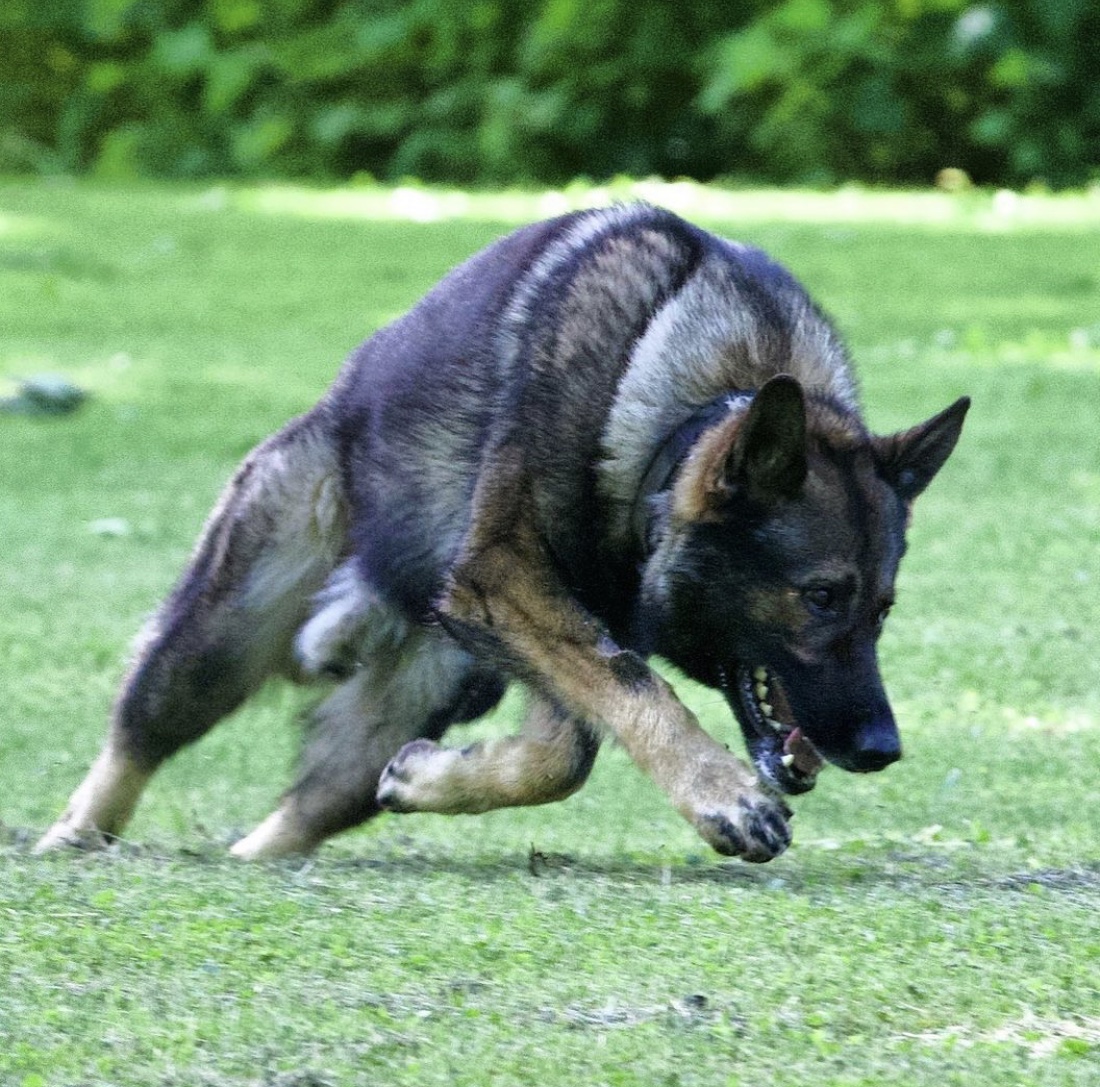
Obedience
Agility
Tracking
Article Search
Standoff
Open Search
Building Search
Chase and Apprehension
Handler Protection
Explosives Detection
Narcotics Detection
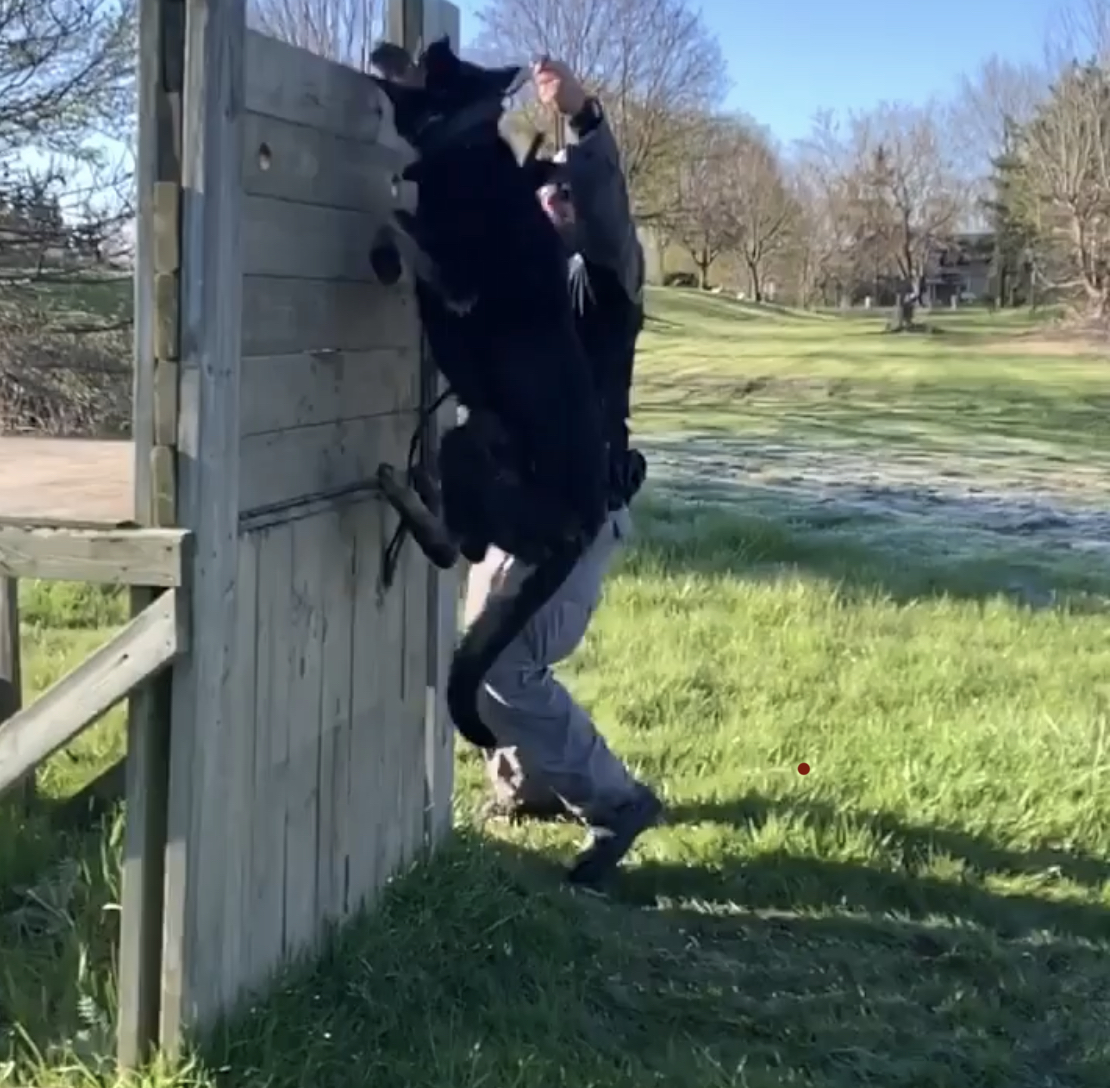
 I'd Like To
I'd Like To
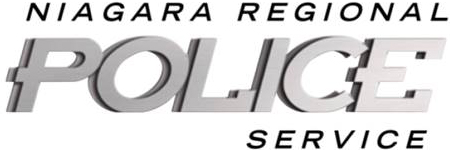




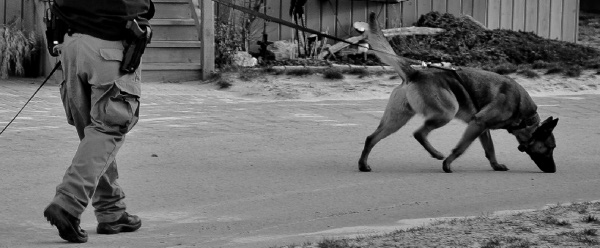
 Subscribe to this Page
Subscribe to this Page